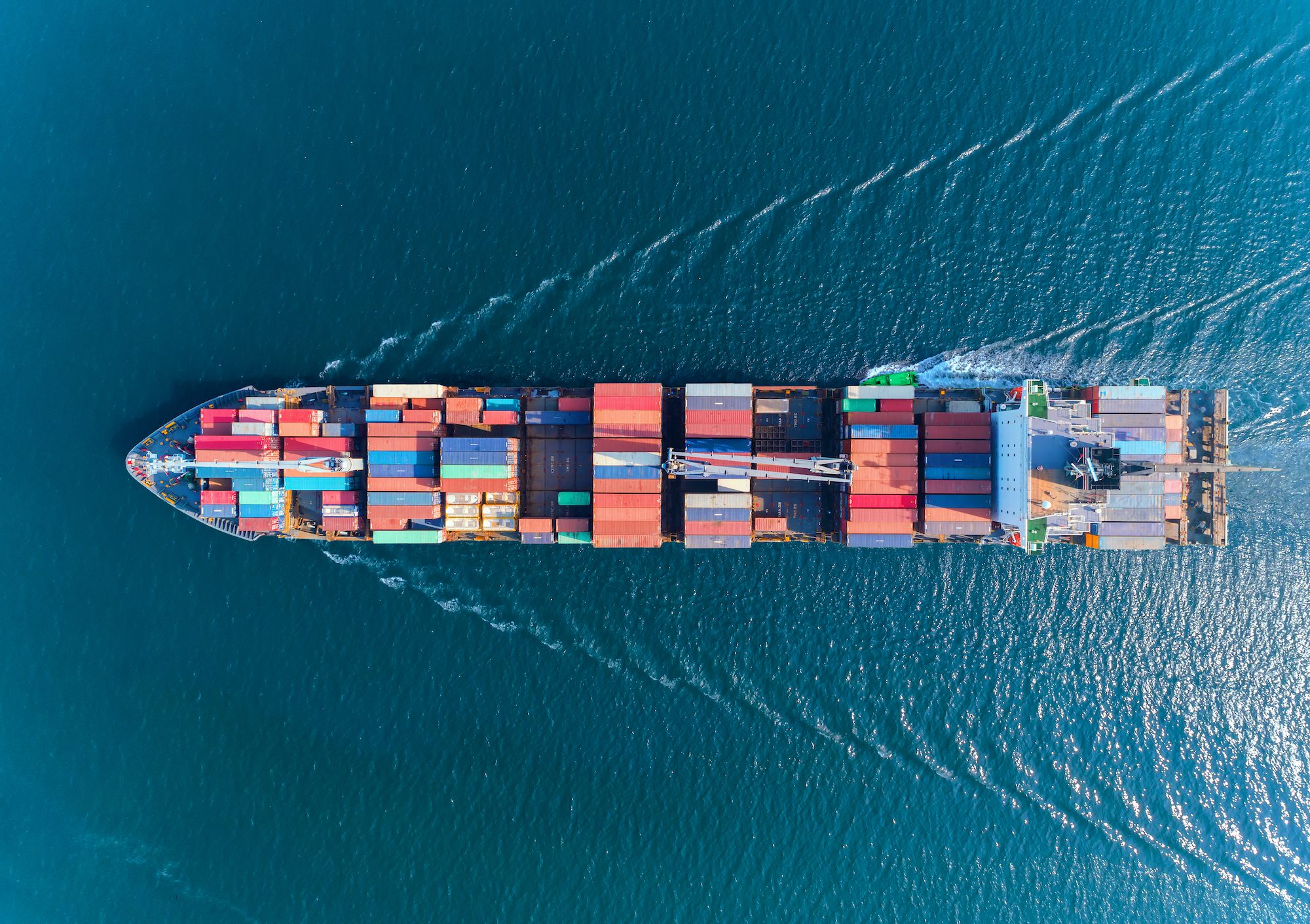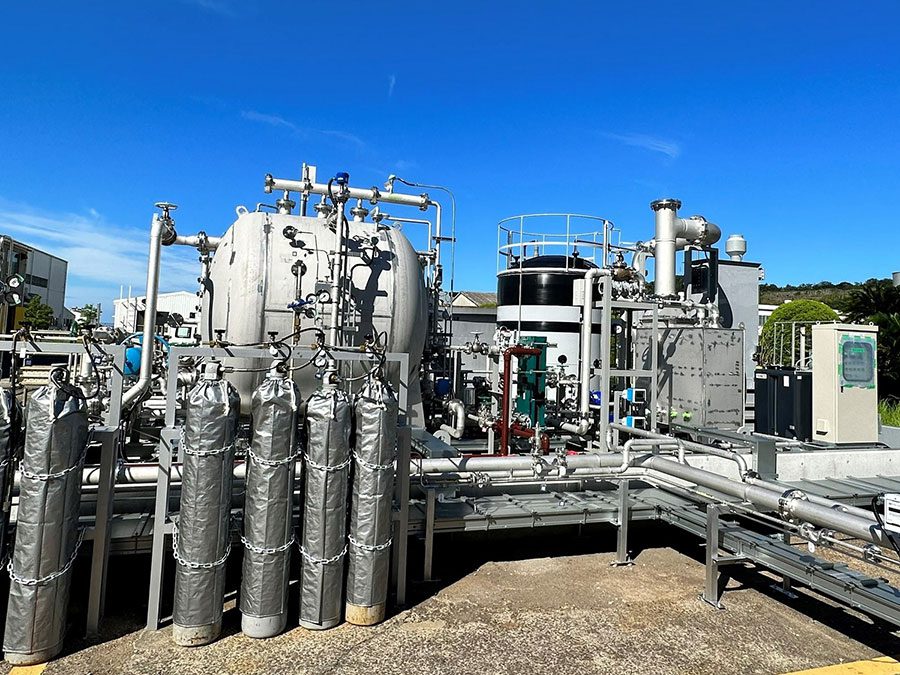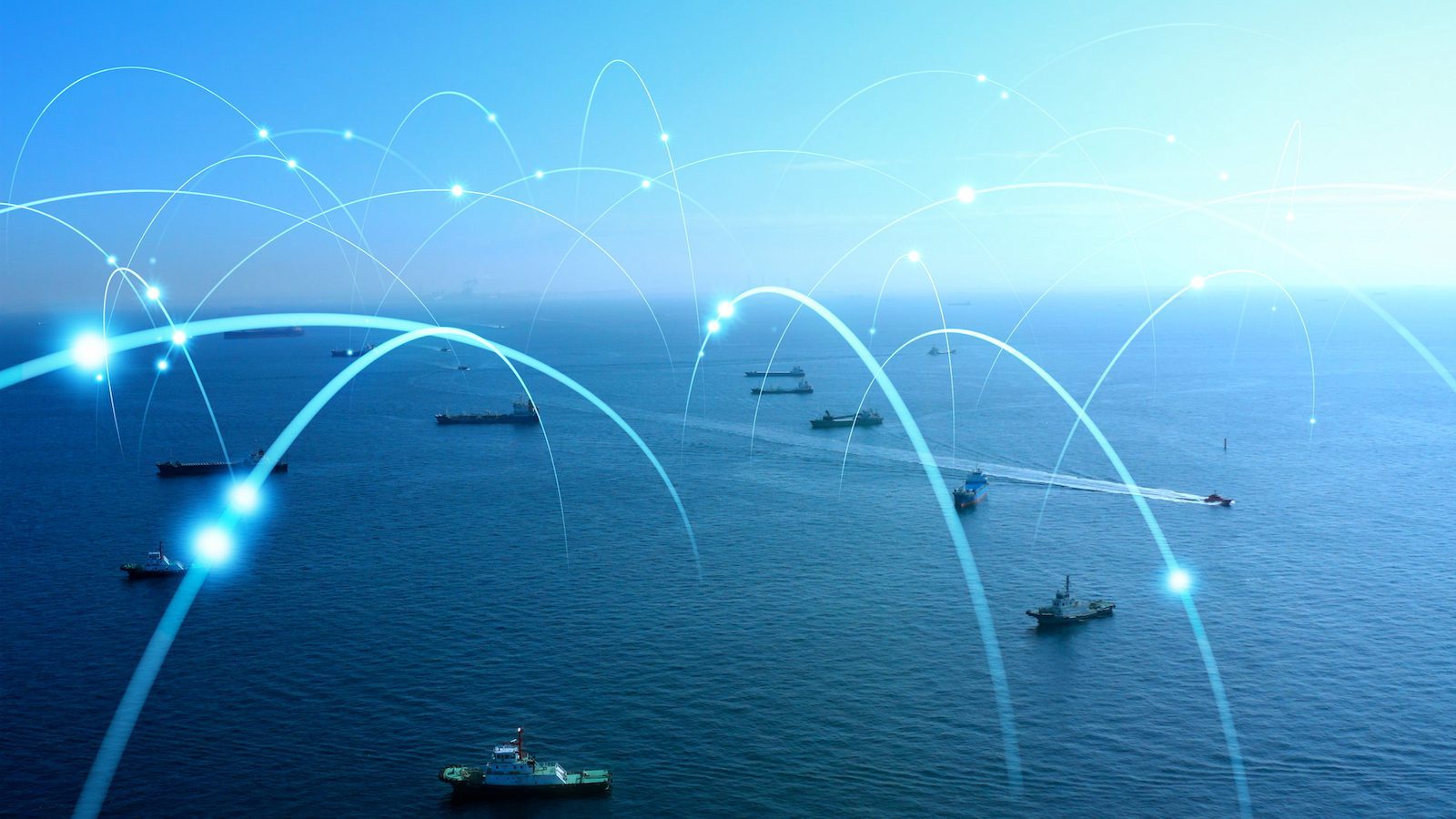LONDON, Sept 19 (Reuters) – The maritime industry is exploring whether nuclear fuel can be used to power commercial ships as advancements in technology open up such options, industry officials said.
Nevertheless, any possible nuclear fuel solutions for ships are at least 10 years away they added.
Shipping accounts for nearly 3% of global CO2 emissions and the industry is under pressure from investors and environmentalists to find cleaner fuel solutions, which include ammonia, methanol and wind.
Nuclear energy has been used in the past to power military submarines and icebreakers, although its use by merchant ships has been constrained partly by the cost, but also due wariness by insurers of providing cover for ships going into commercial ports without more understanding of the risks involved.
A survey in May by the International Chamber of Shipping association said nuclear fuel was being viewed with more interest than in 2021, with some seeing nuclear-powered commercial ships being viable within the next decade.
Small and mass-produced reactors, which are envisaged to be fitted onboard ships, are less powerful and consume less nuclear fuel than traditional nuclear sites.
“The development of the fourth modular nuclear reactors generation is paving the way for possible future applications on board of ships,” a spokesperson with Italy-based shipbuilder Fincantieri said, referring to the smaller nuclear plants.
“At the moment, several technology providers are dealing with manufacturing of prototypes, the development processes of which are at different levels of maturity, envisaging more or less a decade before completing proof of concepts.”
Fincantieri was “interested in following the evolution of these technologies which may result in significant contribution to the decarbonisation of ships related to our core business”, which is cruise liners, naval ships and specialised vessels, the spokesperson added.
Italy’s RINA, one of the world’s leading ship certification companies, is studying the use of nuclear fuel and is involved in a feasibility study alongside Fincantieri and a nuclear technology company, RINA’s CEO Ugo Salerno told Reuters.
Salerno said container ships, which require significant power, were among the shipping segments that could be viable for nuclear fuel.
He said it was “most probably seven to 10 years” before production became feasible.
“We need to climb a huge mountain, which is public opinion,” he said on the sidelines of a Capital Link shipping conference in London last week, referring to concern over using nuclear fuel.
RISK ASSESSMENTS
The risks include how a small reactor will be fitted onto a ship and whether there is any potential exposure to radiation. There are also questions over the safeguards that need to be in place when the vessel is moving, over the ownership of the vessel, and if further security is needed at sea, industry sources say.
UK-based CORE POWER is separately looking to develop a prototype advanced molten salt nuclear reactor that uses liquid fuel instead of solid fuel.
Such nuclear fission reactors involve the fuel and the coolant being mixed in a fuel-salt which is liquid at high temperatures.
The most common failure cited with conventional nuclear reactors is related to the loss of coolant, which can cause the core to overheat. Using a liquid fuel where the fuel and coolant are the same removes the risk of a loss of coolant accident, CORE POWER said.
“We think that sometime around 2032 to 2035, we should be able to demonstrate the first one,” CORE POWER CEO Mikal Boe told reporters during London International Shipping Week on Sept 14.
“If we’re going to have a clean, green transition, nuclear has to be part of it.”
(Reporting by Jonathan Saul; Editing by Sharon Singleton)
(c) Copyright Thomson Reuters 2023.

 Join The Club
Join The Club











